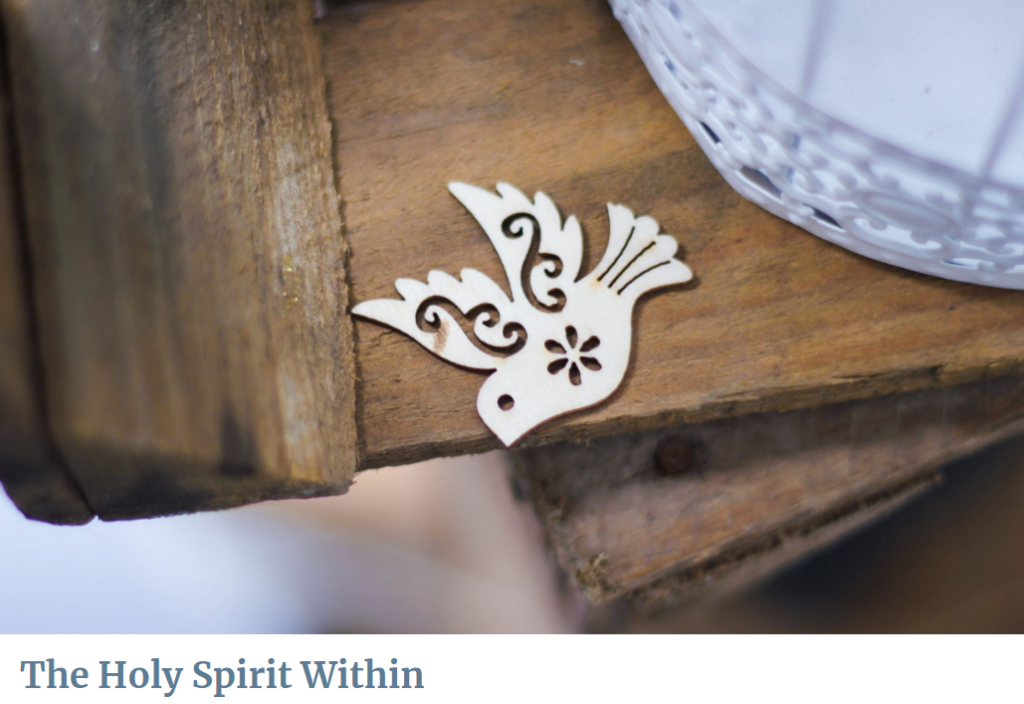
To be replenished is to be reminded of what is true, of the values that tether us. This is not just someone saying, “You’ll be OK.” To be replenished is to know, at our core, that we are home and we are safe. Now we have something to draw on. Which means we have something to give. This sanctuary is not just for solace, but also indispensable as a deterrent. In other words, we build immunity: to not be as easily susceptible to fear, or at the mercy of every threat. We can do this because there are two gentle hands of grace that hold us, no matter what. Let us honor that capacity (inner core), fueled by sufficiency and not scarcity. We need to honor our capacity for mindfulness. To embrace now and the sacrament of the present moment.
—from the book Stand Still: Finding Balance When the World Turns Upside Down,
by Terry Hershey, page 32









